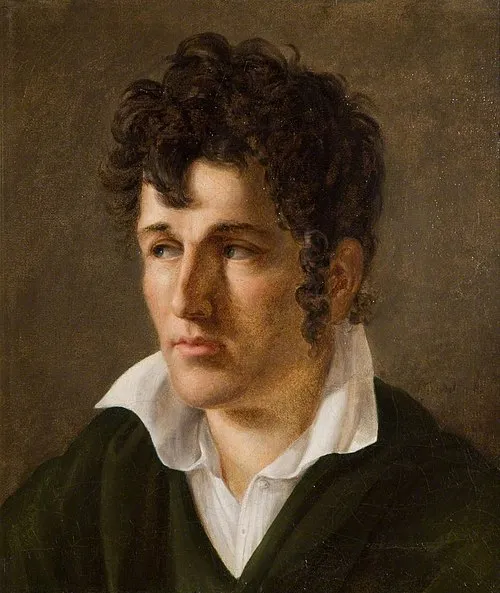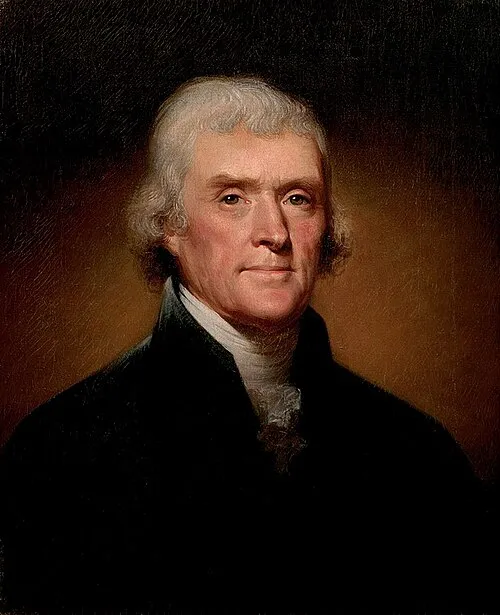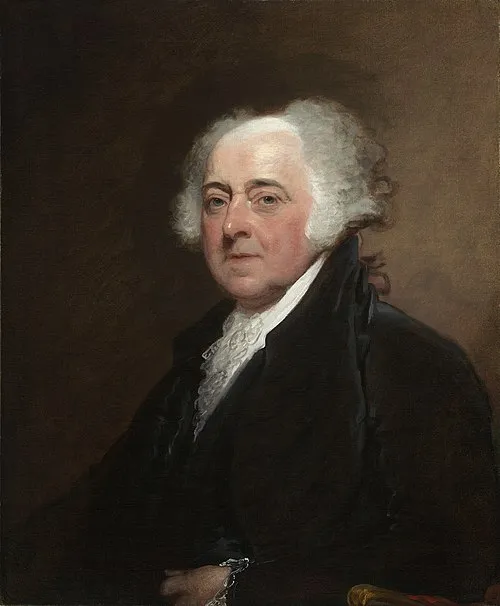
Name: François-René de Chateaubriand
Nationality: French
Profession: Historian and Politician
Birth Year: 1768
Death Year: 1848
1848 – François-René de Chateaubriand, French historian and politician (b. 1768)
François-René de Chateaubriand, a name that echoes through the annals of French literature and politics, was born in 1768, just as the tides of change were beginning to swell across Europe. Imagine a world on the brink of revolution a world where ideas of liberty and equality danced in the air like fireflies on a summer night. It was in this vibrant environment that Chateaubriand first drew breath.
Raised in Saint-Malo, a coastal city known for its fierce independence and maritime spirit, Chateaubriand grew up amid tales of exploration and adventure. However, it was not the sea he would conquer but rather the realms of literature and politics. At an early age, he displayed a remarkable aptitude for writing his pen becoming an extension of his soul.
His journey into adulthood coincided with one of France's most tumultuous eras: the French Revolution. He was initially captivated by revolutionary fervor; yet this infatuation faded rapidly as violence erupted. Perhaps his greatest turning point came when he left France during the Reign of Terror, seeking refuge in England a move that shaped not only his political ideology but also his literary voice.
Chateaubriand returned to France post-revolutionary chaos not as a naïve youth who once dreamed of reform but as a seasoned observer with deep-seated reservations about radical ideologies. Ironically, while many around him reveled in progressivism or succumbed to nihilism after years of bloodshed, Chateaubriand found solace in nostalgia an affection for what had been lost amidst upheaval.
In 1802, he published "Génie du Christianisme" , which resonated profoundly during an age increasingly questioning faith amidst Enlightenment ideals. His eloquent prose painted Christianity not merely as dogma but as an essence intertwined with beauty a cultural force capable of healing wounds inflicted by societal discord. This work helped catapult him into literary stardom; however, it also marked him out as somewhat controversial among contemporary thinkers who viewed religion skeptically.
As time passed... perhaps it could be argued that Chateaubriand became trapped between two worlds: one rooted deeply in tradition and another yearning for modernity’s embrace. In 1814, following Napoleon's fall from power when monarchies reasserted themselves throughout Europe Chateaubriand’s political aspirations flourished once more; he found himself stepping into prominent roles within government circles under King Louis XVIII's reign.
Yet behind closed doors... whispers filled salons across Paris about his enigmatic nature a man torn between loyalty to monarchy and admiration for republican ideals! How intriguing it is to consider how such contradictions fueled much debate among scholars over subsequent generations...
The year 1830 brought forth another wave of revolution known aptly enough as July Revolution that left many questioning old allegiances anew! But rather than react impulsively against this uprising... Chateaubriand took stock; perhaps he sensed life’s cyclicality amidst these turbulent shifts! What remained constant was his unwavering commitment towards articulating human experience through literature; undeniably profound reflections echoed throughout works like "Mémoires d'Outre-Tombe" which provided insights drawn not merely from history itself but also intimate musings on loss experienced personally!
A Glimpse into His Early Life
Chateaubriand was born into an affluent family of shipowners, which provided him with a unique perspective of the world. His early education was grounded in the classical education prevalent during that era, steeped in the works of ancient Greek and Roman authors. After experiencing the transformative effects of the French Revolution, he embarked on a life that would intertwine literature and political engagement.
Literary Contributions
Chateaubriand's literary journey began in earnest with his seminal work, "Atala" (1801), which was part of his larger novel, "René." This work is often credited with laying the foundations for the Romantic movement in literature. His exploration of themes such as individualism, nature, and emotion resonated with readers and inspired a new generation of writers.
Another of his notable works, "The Genius of Christianity" (1802), defended Christianity's influence on European civilization, integrating spirituality and Romantic ideas. His eloquent prose and passionate arguments made this book not only a religious text but also a philosophical treatise that sparked debates across intellectual circles.
Chateaubriand's Political Journey
In addition to his literary acclaim, Chateaubriand was deeply involved in the politics of post-revolutionary France. As a staunch royalist, he served under King Louis XVIII, advocating for a monarchy based on constitutional principles. His experiences in England, America, and the influence of the American Revolution shaped his political philosophy, which vividly appeared in his writings.
Legacy and Death
Chateaubriand's contributions to literature and politics solidified his place as a key figure in French history. His writings not only influenced contemporaries but also set the stage for future generations of authors. His life came to a close on July 4, 1848, in Paris, France, but his legacy persists through his influential works that continue to inspire readers and writers alike.
The Legacy Left Behind
As fate would have it... François-René de Chateaubriand breathed his last breath on July 4th, 1848 the same year revolutionary fervor swept through Europe again like wildfire! Ironically enough though the very landscape upon which he'd written so passionately now seemed caught between nostalgia for past glory days mingling alongside uncertainty regarding future prospects looming over young revolutionaries striving towards progress! What stories were unfolding outside those hallowed walls where he once penned poignant thoughts?
A Literary Influence
Fast forward several decades later and we find echoes reverberating still today among writers exploring existential themes rife with ambivalence surrounding identity formation or grappling with legacies inherited from bygone eras they owe debts both directly/indirectly attributable back towards figures such as himself!\nPerhaps we can say confidently that modern authors continue attempting to navigate tensions existing within our societies mirrored closely against those encountered historically via literary expression?
An Enduring Impact
Tellingly enough too: As contemporary historians sift through archives revealing hidden gems illuminating nuances previously overlooked they often stumble upon references spotlighting powerful influence wielded long ago by this remarkable thinker whose voice resonates even now amidst ongoing discourse concerning faith versus reason navigating complexities defining humanity itself!\nIn retrospect we find ourselves frequently questioning whether any ultimate conclusions await us down pathways traversed before…And yet perhaps there lies comfort knowing certain legacies endure despite challenges thrown at them time after time again!







